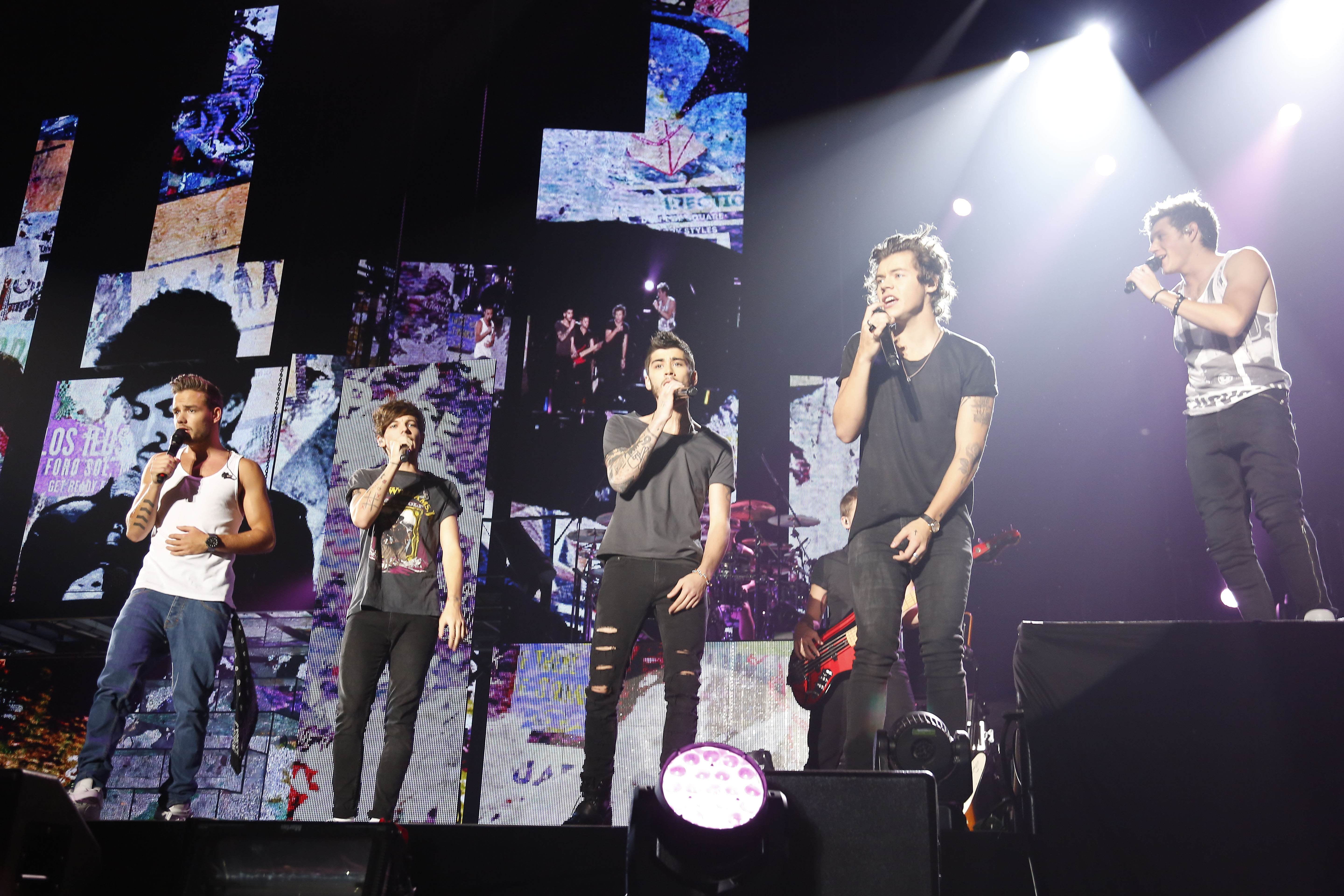By the group's standards, it was a low-key finale. When One Direction completed its eight-month Take Me Home Tour at the second of two Makuhari Messe shows last Sunday in Chiba, it was in front of a relatively compact audience of 12,000 Japanese fans, whose adoration seemed good-humored rather than hysterical. If you'd read reports from earlier gigs, it was almost anticlimactic: where were the onstage pie-fights, the tampon throwing, the teenage girls so overcome with hormonal lust that, as GQ magazine put it, they were "turning themselves inside out, some almost literally"?
But of course, this is Japan. When The Beatles made their epochal trip here in 1966, the Nippon Budokan auditorium was reportedly so quiet that, for the first time in years, the band could actually hear themselves play. Were it not for some distracting earpiece malfunctions on their final Tokyo date, One Direction's five members might have experienced something similar. To artists accustomed to performing amid a squall of shrieking adolescence, it was probably mildly disconcerting. To veteran industry watchers, though, the scenes at Makuhari Messe were remarkable.
Given that the British-Irish quintet is already playing arenas from Melbourne to Mexico City, the fact that One Direction has conquered Japan might not seem all that surprising. Yet the music market here is a prickly beast, one whose belly needs to be tickled in a certain way if you want to get results. For every Backstreet Boys or Lady Gaga, there's a clutch of acts whose international success has been met with widespread indifference here: just ask Adele, Beyoncé, Kanye West or even Justin Bieber.



